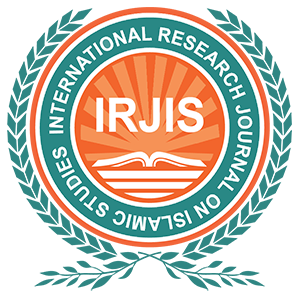Abstract:
Islamic Law (Shariah) has granted fundamental human rights to Muslims and non-Muslims and safeguards their life and property by providing equal social justice. The significant feature of Shariah is to provide non-Muslims the freedom to exercise their religion in an Islamic state. The paper discusses non-Muslim’s worship places that are established in an Islamic society. The objective of this research is to remove misunderstandings created by International media on current issues against Islamic teachings, Muslim jurists debate on Shariah perspective regarding the status of construction or erection of worship places. This present paper divided the debate on three major issues which are addressed by the Muslim jurist in today’s conflicting scenario. Firstly, Religious freedom to exercise non-Muslim’s faith in an Islamic state, secondly rulings for non-Muslim’s worship places on Islamic Lands, and lastly rebuilding and construction of non-Muslim’s worship places in a multi-faith society. A descriptive and analytical approach has been adopted for juristic opinions. The paper examines these debates by Muslim jurists of the Sunni school of thought and concludes that Shariah has granted non-Muslim’s right to construct or upright their worship places in their majority ruler area. A Muslim ruler may protect worship places of non-muslims and on the circumstantial requirement, he authorized to convert these places where necessary under the principles of Mashlaha Aama defined by the principles of Shariah.
Keywords: Islamic Teachings, Juristic Debates, Non-Muslim’s Worship Places, Multi-Faith Society

